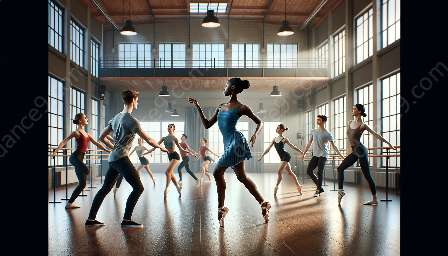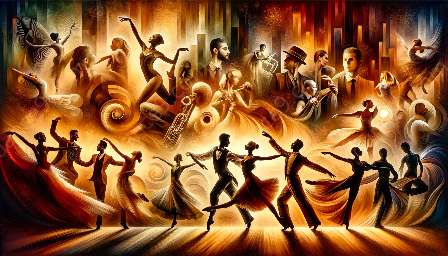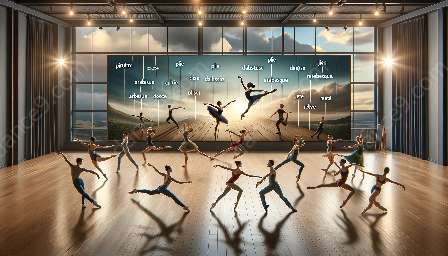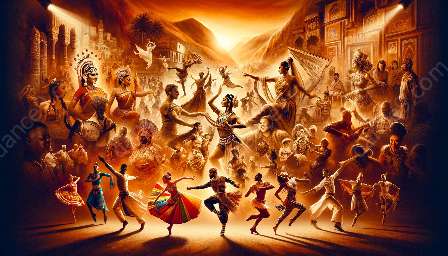For decades, dance music has been a fundamental part of the music industry. The business aspects of the dance music industry encompass a wide range of topics, including revenue streams, marketing strategies, and the impact of dance on the music business. In this article, we will explore the various business facets of the dance music industry and how they contribute to its success.
Evolution of Dance Music
Dance music has evolved significantly over the years, from its underground roots to mainstream popularity. Its diverse subgenres, such as techno, house, trance, and EDM, have propelled it to the forefront of the music industry. This evolution has brought forth a multitude of business opportunities and challenges.
Revenue Streams
The dance music industry generates revenue through multiple streams, including music sales, live events, streaming platforms, merchandise, and licensing. The sale of dance music tracks and albums, both digitally and physically, remains a significant source of income for artists, record labels, and distributors.
Live events, such as music festivals, club shows, and DJ performances, are key revenue drivers for the dance music industry. These events attract thousands of attendees and generate substantial income through ticket sales, sponsorships, and merchandise sales.
Streaming platforms have become a dominant force in the music industry, providing a steady stream of revenue for dance music artists through royalties and digital sales. Additionally, merchandise, including apparel and branded products, serves as a lucrative revenue stream for artists and labels.
Licensing dance music for use in films, advertisements, and video games also presents a valuable revenue stream for rights holders, contributing to the industry's overall financial success.
Marketing Strategies
Marketing plays a pivotal role in the success of dance music, as it helps create brand awareness, drive sales, and engage fans. Social media platforms, digital marketing campaigns, and influencer partnerships are central to promoting dance music artists and their work.
Engaging with fans through personalized content and interactive experiences has proven to be an effective marketing strategy for dance music artists. Building a strong online presence and leveraging data-driven marketing techniques have become essential in reaching and expanding the fan base.
Collaborations, whether between artists, brands, or events, serve as a potent marketing tool for the dance music industry. Strategic partnerships can elevate the visibility and appeal of dance music, leading to increased revenue and industry growth.
Impact of Dance on the Music Business
The influence of dance music on the music business is profound, shaping trends, consumption patterns, and industry practices. The global reach of dance music has facilitated cross-cultural exchanges and collaborations, leading to a more diverse and inclusive music environment.
Furthermore, the rise of electronic dance music (EDM) has fueled the expansion of festival culture and the emergence of mega-events, driving significant revenue and economic impact in various regions. This has led to the development of specialized event production companies and infrastructure, creating new business opportunities and job markets.
In conclusion, the business aspects of the dance music industry are multifaceted and dynamic, encompassing diverse revenue streams, innovative marketing strategies, and a far-reaching impact on the music business. By understanding and embracing these aspects, stakeholders can navigate the industry's evolution and contribute to its continued success.











































